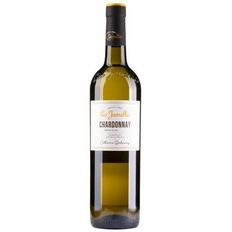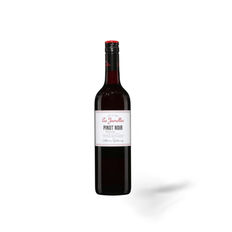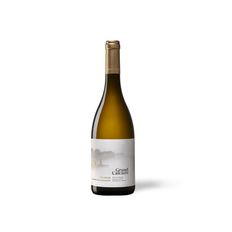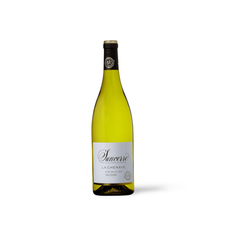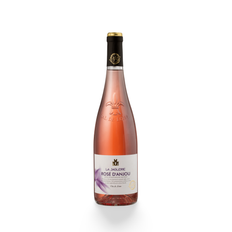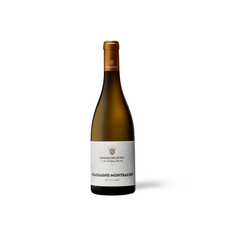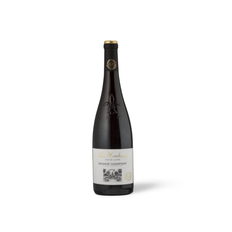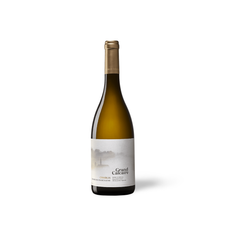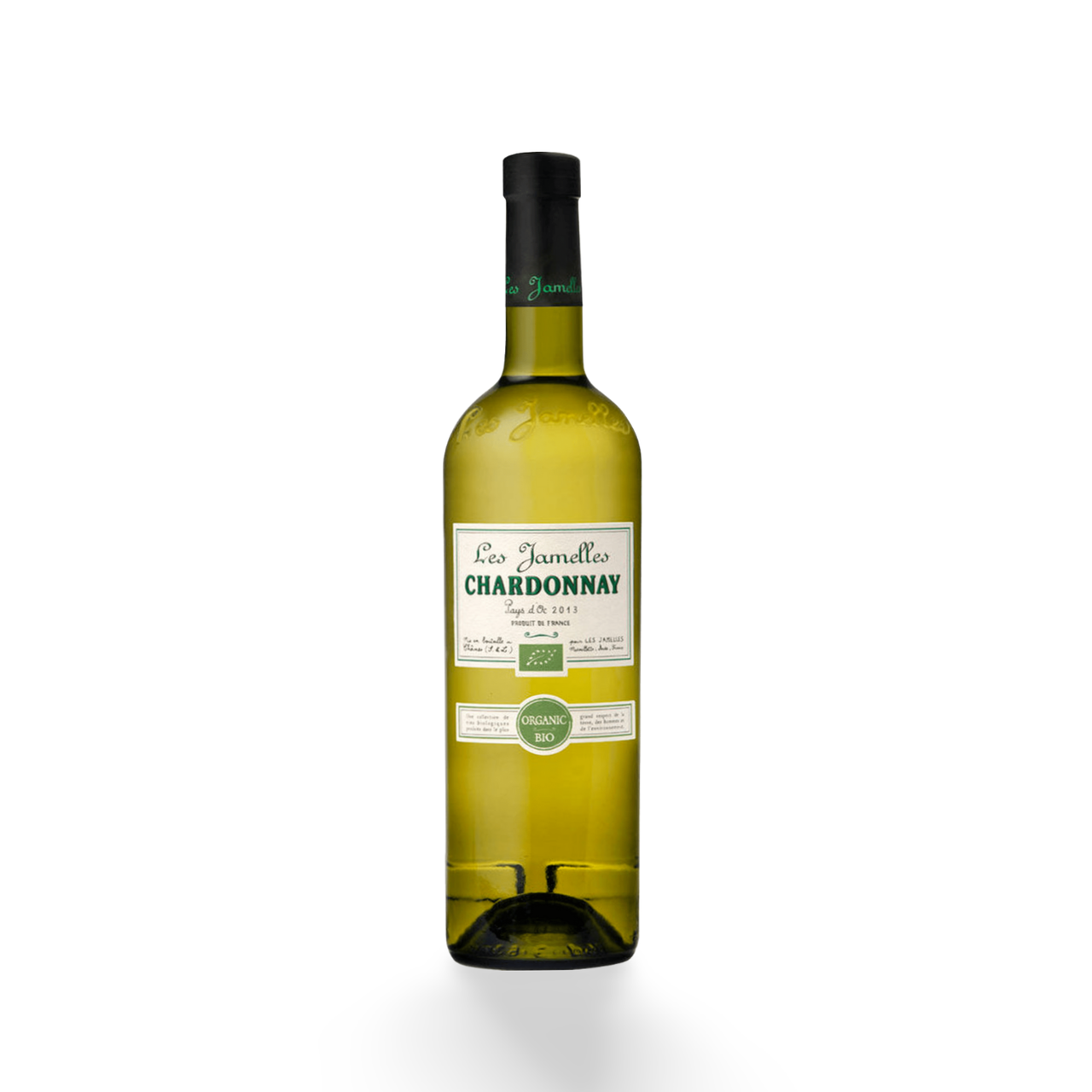
Les Jamelles Chardonnay Bio - A Premier Organic White Wine
Experience the symphony of freshness and terroir in Les Jamelles Chardonnay Bio
by Les Jamelles
Earliest delivery: February 23, 2026.
Or choose your delivery date during checkout.
Introducing Les Jamelles Chardonnay Bio, an exquisite organic white wine that represents the harmony of nature and masterful winemaking from the Languedoc region of France. Embodying traditional Burgundian expertise and a commitment to sustainable viticulture, Les Jamelles Chardonnay Bio is a testament to the brand’s dedication to quality and the art of winemaking.
Brand Heritage: Les Jamelles
Les Jamelles was founded in 1991 by Catherine and Laurent Delaunay, inheritors of a long-standing Burgundian winemaking tradition. Passionate about showcasing the diversity of the Languedoc region, the Delaunays infused their wines with freshness, fruitiness, and complexity—hallmarks of the Burgundian style. Les Jamelles wines emphasize varietal expression and are globally celebrated for consistent, high-quality production.
The Organic Advantage
Les Jamelles Chardonnay Bio is crafted from 100% organically grown Chardonnay grapes. The organic designation guarantees adherence to strict environmental standards, avoiding synthetic pesticides and fertilizers, and encouraging biodiversity. This organic approach results in deeply rooted vines that produce lower yields of intensely flavored grapes, distilling the essence of the terroir into each bottle.
Terroir and Vineyard Practices
The Chardonnay grapes for Les Jamelles Bio are grown on the gardé slopes along the Gard River in Languedoc. With soils rich in rounded stones, these vineyards are perfectly situated to capture the heat of the day and coolness of the night, assisted by the Mistral wind, which helps maintain acidity and freshness in the grapes. The meticulous management of these vineyards, characterized by reduced yields, is central to achieving the wine’s robust flavor and aroma.
Crafting the Wine
Harvesting occurs early in the cool morning to preserve the natural aromas of the grapes. Post-harvest, grapes are immediately pressed, and fermentation occurs in stainless steel tanks at low temperatures to maintain primary fruit flavors. This process is complemented by partial malolactic fermentation, which enhances the wine’s texture and adds a subtle roundness to the overall profile.
Aging on fine lees for five months without the influence of oak allows the natural aromas and flavors inherent in the grapes to shine. This careful preparation highlights the wine’s essence, offering a true experience of its terroir.
Tasting Notes and Food Pairings
Les Jamelles Chardonnay Bio greets the palate with ripe apricot, pear, and banana, mingling with delicate white floral notes. A hint of nutty hazelnut adds an extra layer of sophistication. On the palate, it is round and balanced, offering freshness followed by a long, clean finish that makes it exceptionally food friendly.
This wine complements a wide array of dishes—from creamy seafood and roasted poultry to delicate cheeses and vibrant vegetarian recipes. Its versatility makes it a perfect companion for both casual meals and elegant dinners.
Environmental Credentials
Embracing organic viticulture not only benefits the environment by reducing chemical usage and promoting soil health but also enhances the quality of the wine. With their proactive approach to sustainability, Les Jamelles continues to uphold their reputation as pioneers in the organic wine movement.
Awards and Recognition
Although details of awards specifically for the “Bio” version aren’t specified, Les Jamelles Chardonnays are recognized globally with high marks from prominent wine critics and gold medals at international competitions, reinforcing the wine’s standing in the organic category.
Conclusion
Les Jamelles Chardonnay Bio stands as a prime example of the potential found in Languedoc’s vines. Celebrated both for its organic rigor and consistent quality, this wine epitomizes a modern take on tradition, duly honoring its Burgundian roots while paving the way for a sustainable future in winemaking.

